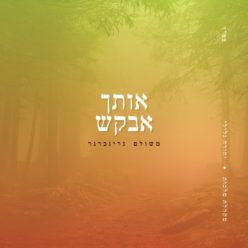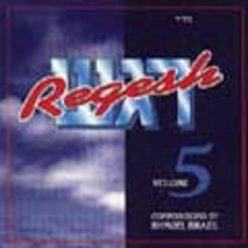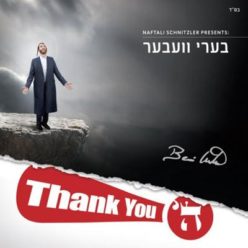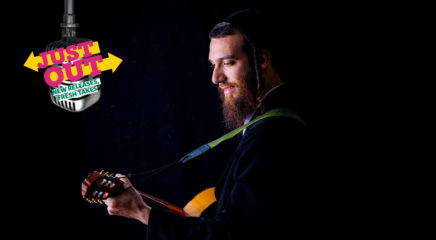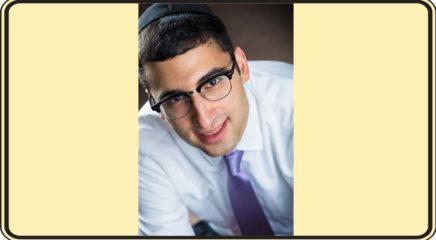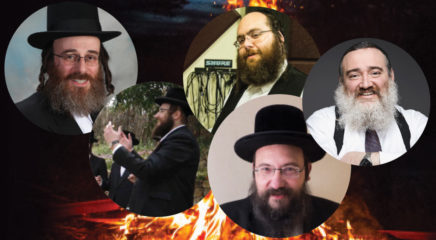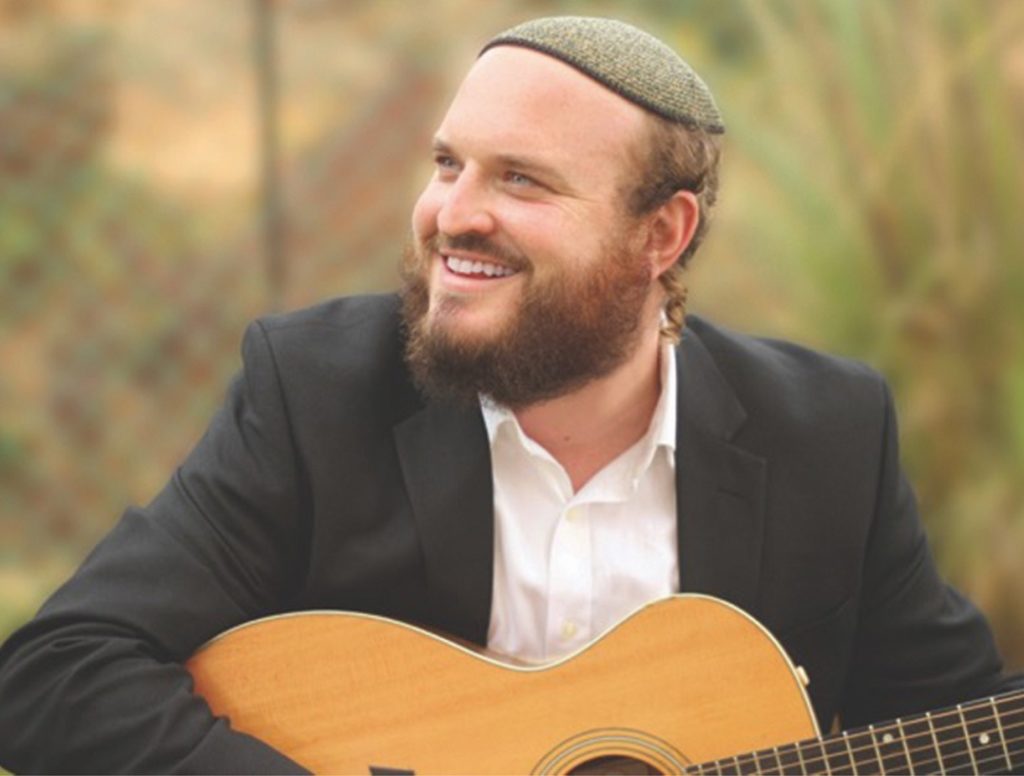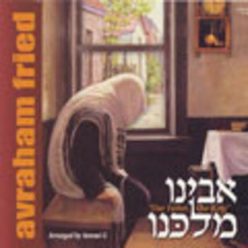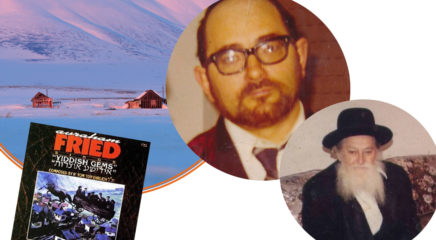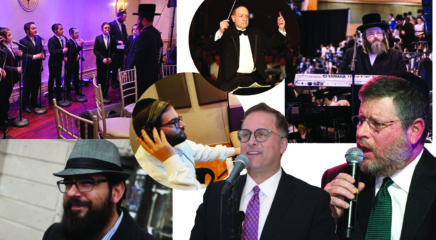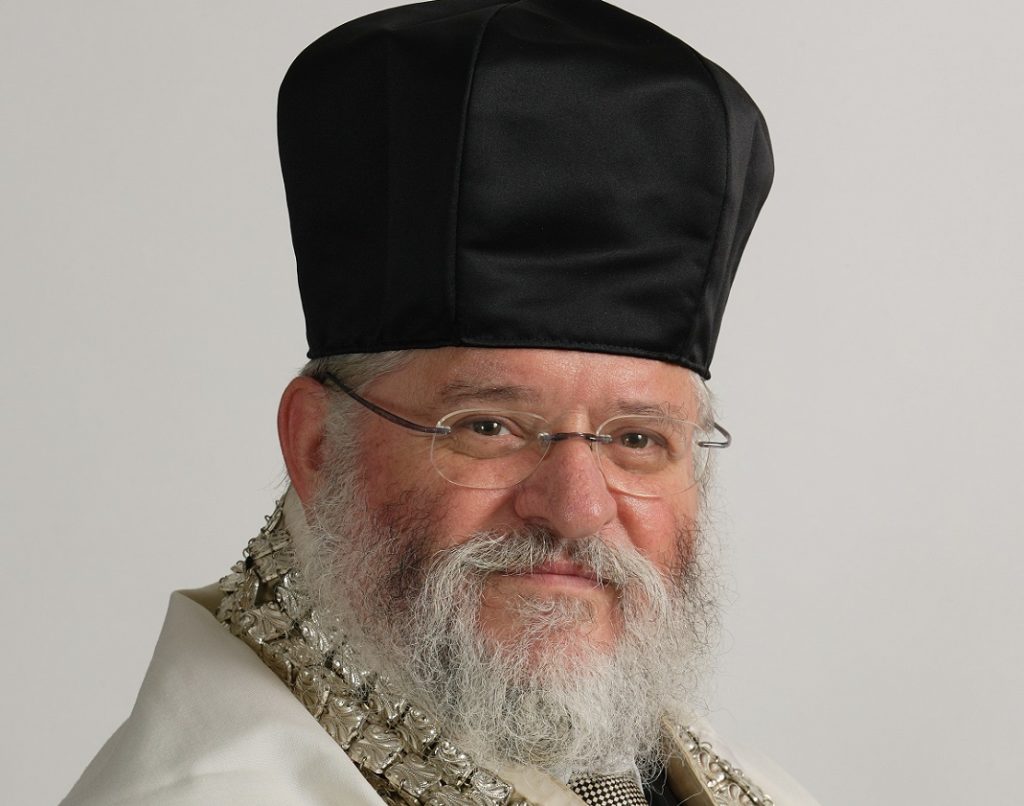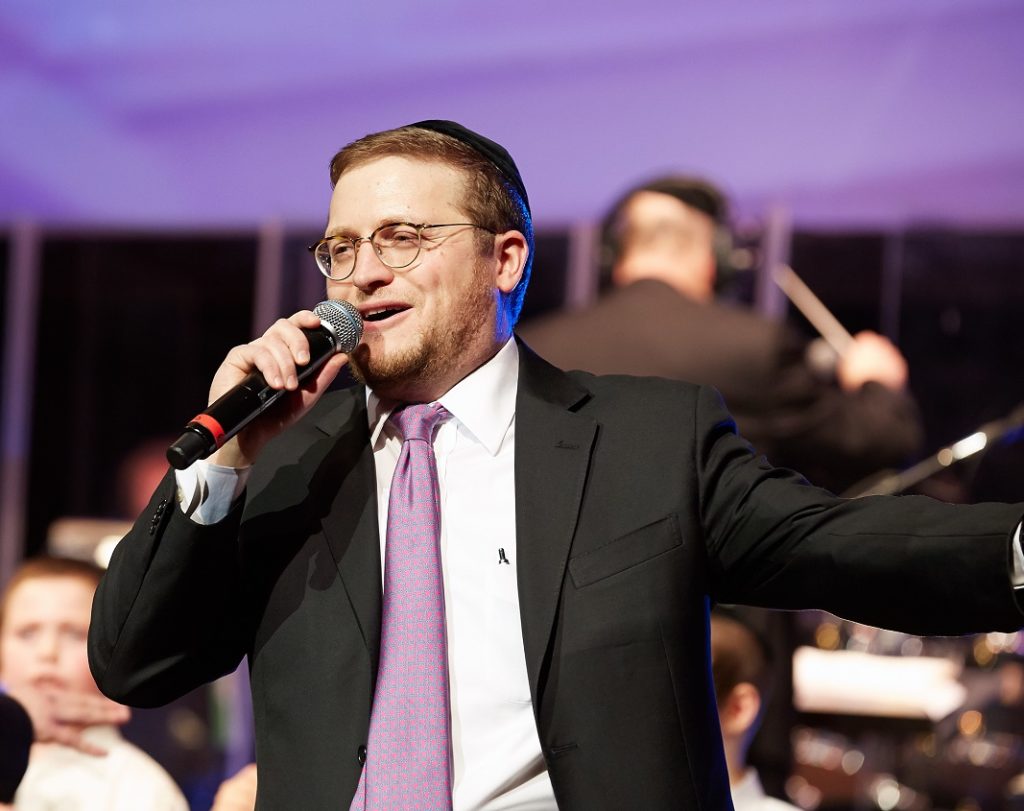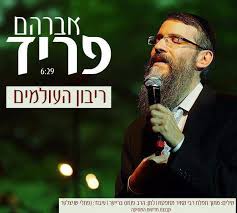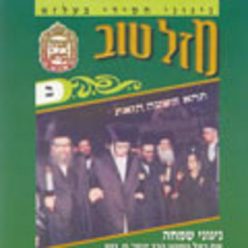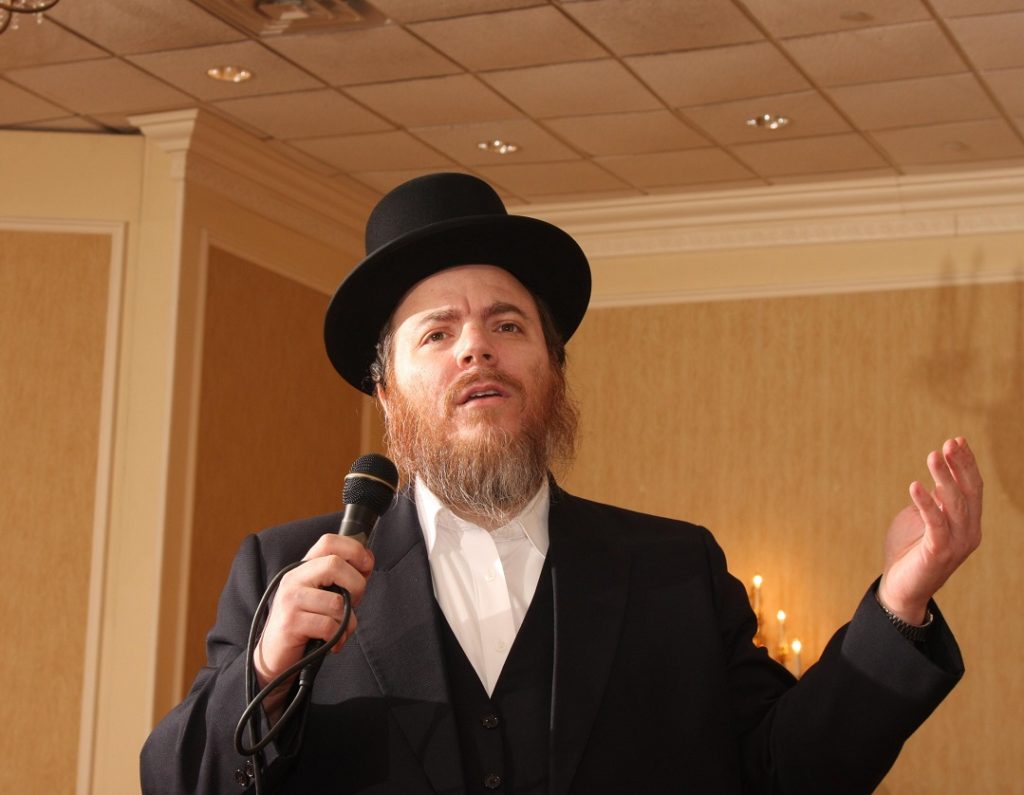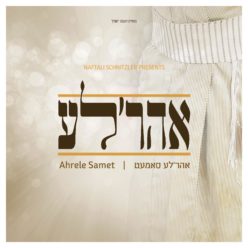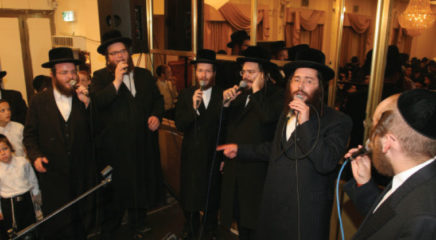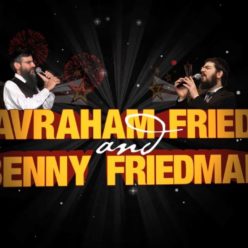For Reb Abish Brodt this year will be different. After 30 years as the shaliach tzibbur in Agudas Yisroel Bais Binyomin in Flatbush his move to Lakewood means a change of amud. Reb Abish treasures the opportunity to lead the Yom Tov tefillos. Until recently he was the baal Shacharis and baal Mussaf at two different shuls on Rosh Hashanah and led Maariv Mussaf and Ne’ilah on Yom Kippur.
He explains the origins of his well-loved nusach. “My family comes from Mielec in Galicia close to the Sanz area. Most of my nusach is that which I heard from my father and is based on the Ropshitzer heritage but over the years it’s been influenced by the davening in the yeshivos. When I was young I davened in Bais Medrash Elyon. I was only 13 or 14 but until today I can hear the hergesh of Rav Simcha Schustal ztz”l. You had to hear how he began the brachah of Avos with such passion. Some people today underrate that first brachah and make the mistake of skimming through it but Avos is the basis of the whole tefillah — you have to feel that. On other occasions I heard the previous Stuchiner Rebbe ztz”l daven. The Rebbe was an unforgettable baal tefillah — it was obvious to anyone who listened that he felt the weight of what he was saying.”
The crowd in shul wait for their familiar favorite pieces and Reb Abish likes to keep his nusach and tunes the same from year to year so that they can join in the davening. “The shaliach tzibbur has to daven with the oilem not at the oilem ” he says. While one or two new tunes add freshness more would disappoint. He explains that the world has now adopted many niggunim that originated in the various yeshivos — for example the “Ki Hinei Kachomer” composed by the famed baal tefillah Rav Herschel Goldstein and adopted by Rav Sholom Schwadron was first used in the Chevron yeshivah back in the 1950s and has spread widely from there.
Today Reb Abish’s sons are popular baalei tefillah in their own right. “They are all accomplished baalei tefillah and yes they use mostly my nusach. But each has changed certain parts and rightfully so. A baal tefillah has to make the davening his own. You can’t copy someone or try to be someone else. You have to be comfortable with the nusach in order to deliver the message.”
Since 1983 Reb Abish’s name has been associated with the Regesh album series. These songs composed by Rabbi Shmuel Brazil include such classic favorites as “Shalom Aleichem ” “Kavei El Hashem ” and “Modeh Ani Lefanecha ” and have been popular for years thanks to Reb Abish’s trademark voice and hartzige style. On Yamim Noraim Regesh songs “Kevakoras” (Regesh Vol. 5) and “Selach Na” (Regesh Vol. I) have become popular davening niggunim.
“In a certain shul where I served as baal Mussaf many years ago there was a strong tendency to take out a sefer and learn during chazaras hashatz ” Reb Abish remembers. “One year after davening my young son let me know ‘Tatty everyone was looking in the machzor this time.’ It was the ultimate compliment.”
(Originally featured in Mishpacha Issue 678)






